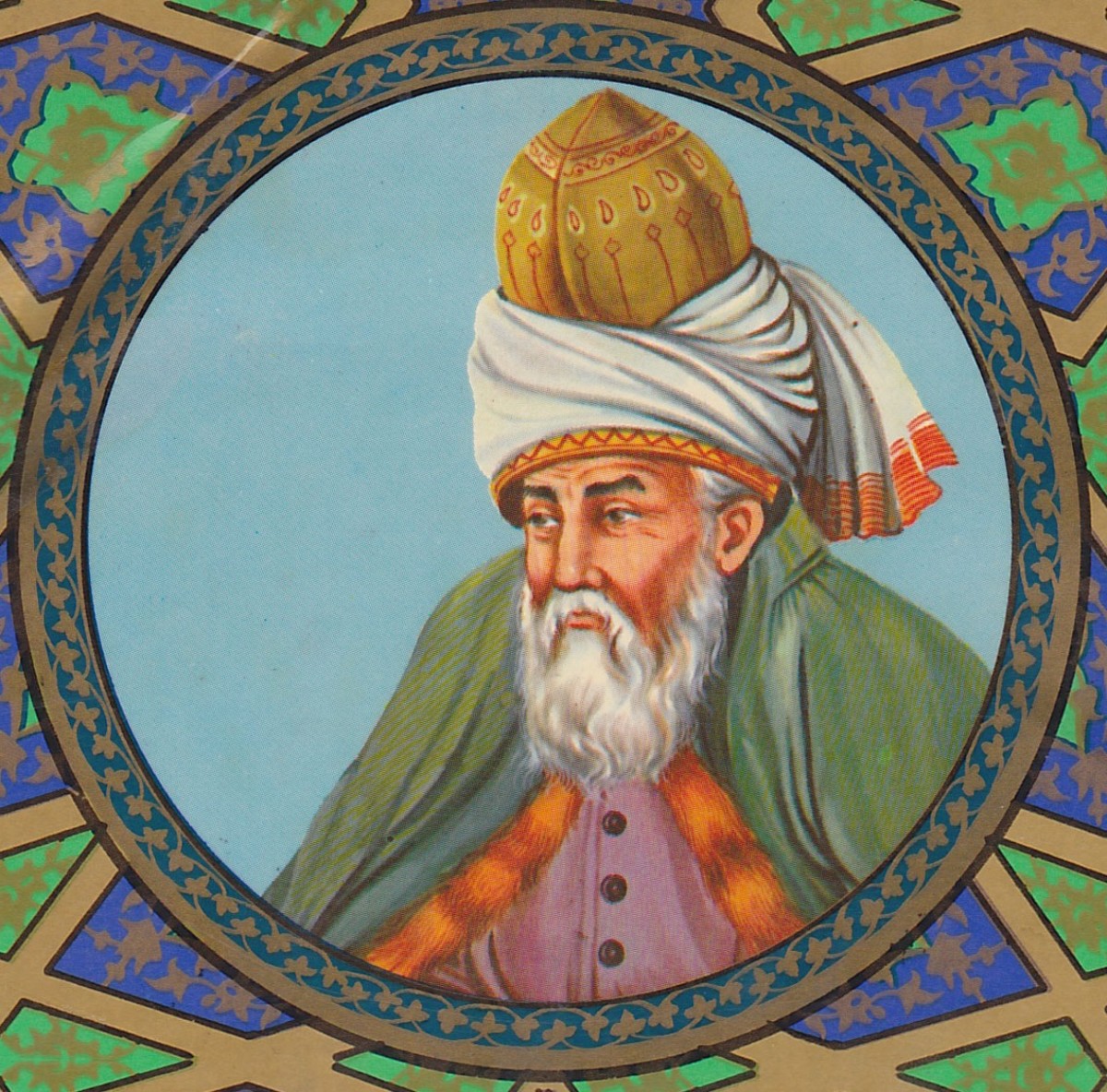The Consequence of 'Social Revolution' - Clothed in the Garb of Communism
I owe this brief discussion to an extract from Roberto Mangabeira Unger's 'The Critical Legal Studies Movement' (1983), pg 331-343. In it, Unger scopes out a legal theory and describes a programme he says represents a 'superliberalism' which 'pushes the liberal premises [of various concepts] to the point at which they emerge into a larger ambition'.
In this, Unger displays a gross misunderstanding of fundamental human concepts - shared concepts which have perpetuated throughout history. From birth to death, human life has been seen as a striving, a going-somewhere. No credible movement has upheld stagnation as the means to perfect society or utopia. Rather, 'change' has been the norm, and Unger does correctly point out that '[a]ll contemporary versions of the democratic ideal... share a minimal core: the government must not fall permanently hostage to a faction...' Yet his answer is to sweep away all established social constructs, substituting for such vested interests the purely theoretical institutions which include such examples as a 'rotating capital fund' where capital 'would be made temporarily available to teams of workers' or a 'disaggregation of the consolidated property right' where such rights would be broken up and 'assigned to different entities' (democratic agencies). It is clear that this deliberately challenges notions of stability - indeed Unger himself expressly recognises that challenge. Yet he has forgotten that the striving of humanity has always been inextricable from the corresponding attempt at creating stability. It was the impetus for notions of imperial hegemony, universal kingdom, and at the most modest level, inheritance rights.
This idea of stability is supported by Francis Fukuyama (The Origins of Poitical Order), who points out that the concepts of patrimonialism and neo-patrimonialism have played essential roles in the creation of modern human societies, whatever their political orientations. It is a fundamental tenet of human society, with possibly biological underpinnings, that persons are inclined to favour a relative to a stranger. This might have been the foundation of racism or the many irksome stereotypes which still flourish in laypersons' discourse; yet ignoring this is tantamount to willful blindness. As I considered in Love and the Death of Society, 'equality' as it is used in political discourse is a fiction. So is the idea of institutional systems which prevent vested interests from ever taking route. Institutional systems must necessarily be run by human direction, and such human 'overlords' could never be completely alien to corruption, or less pejoratively, patrimonialism. To argue otherwise is to run away from the reality of the impetus to human survival.
Unger's views on the organisation of government suggests a far-reaching radicalism which attempts to replace the human wish for stability with an idealistic democratic institution:
Take first the shaping of government and of the contest over the possession and uses of governmental power. The main problem lies in the fact that the very devices for restraining state power also tend to padlock it. They establish a rough equivalence between the transformative reach of a political project and the obstacles that the structure of the state and party politics imposes upon its execution. This structure helps form, and reinforces once formed, the interests and preconceptions that crystallize around any stabilized social situation. As a result, the struggles of official politics fail to provide sufficient occasion to disrupt further the background structure of division and hierarchy in social life, and thus give rise to the facts emphasized by the earlier, internal objections to the established sorts of democracy. Yet — and here we come to the heart of the problem — every attempt to revise the institutional arrangements that exercise this structure-preserving influence seems to undermine the restraints upon governmental power that are needed to secure freedom. A successful resolution of this dilemma must provide ways to restrain the state without effectively paralyzing its transformative activities.
Such a resolution might include the following elements. First, the branches of government should be multiplied. To every crucial feature of the social order there should correspond some form and arena of potentially destabilizing and broadly based conflict over the uses of state power. Alternatively put, the organization of government and of conflict over governmental power should provide a suitable institutional setting for every major kind of practical or imaginative activity of transformation. (Recall, for example, those more ambitious sorts of injunctive relief afforded by contemporary American law that involve large-scale disruptions or reconstructions of existing institutions. Such relief should not fall under a cloud because it does not fully fit either the judicial or the legislative contexts in the contemporary state.) Different branches of government might be designed to be accountable to popular sovereignty and party-political rivalry in different ways. Second, the conflicts among these more numerous branches of government should be settled by principles of priority among branches and of devolution to the electorate. These principles must resolve impasses cleanly and quickly. They should replace the multiple devices of distancing and dispersal (including the traditional focus on "checks and balances") that seek to restrain power through the deliberate perpetuation of impasse. Third, the programmatic center of government — the party in office — should have a real chance to try out its programs. That a constitutional concern for decisional mobility need neither leave state power unchecked nor injure the vital rights of opposition is shown by the experience of many European constitutions since the First World War. These constitutions have emphasized this concern on a more modest level without jeopardizing public freedoms. The significance of this three-point program of governmental reform will become clearer when seen against the double background of an economic order that enables the issues of party politics to be fought out in the midst of everyday activities and a system of rights that safeguards individual security without immunizing large areas of social practice from the struggles of the democracy.
This democracy, however, bears many similarities to the democracy of Karl Marx - the sort of society Communism would open the way to. Despite Unger's sheer belief in the practicability of such a venture, I remain confused as to how further decentralisation and multiplication of governmental branches could be conducive to the vast cooperation and direction required for modern public policy. Directives cannot only be issued - they must be followed. Greater institutional complexity would lead to the very problem faced by the Communist societies of the Soviet Union and Mao's China - government departments would have to be created to monitor other government departments, and the sheer weight of the institution would bog down administration in a quagmire of muddle and confusion. Furthermore, although Unger suggests that 'the conflicts among these more numerous branches of government should be settled by principles of priority among branches and of devolution to the electorate', it is not clear how such priorities would be enforced. Are we to believe that 'rule of law' would by then be so ingrained in human instincts as to become a human propensity? It is difficult to believe that such abstraction could ever supplant human nature. Rather, simple direction would not suffice - such direction would have to be backed up by centralised coercion.
I would concede that the third point is a laudable goal. Yet practical politics has shown that 'change' is but a campaign slogan. Men want stability dressed up as 'change', no more and no less. Slight institutional accretions may be acceptable, but 'revolutions' of the extent proposed by Unger is implausible.
In fact, Unger himself recognises similarities between the programme he espouses and Communism:
One way to clarify the origin and character if not the justification of the ideal that inspires our programmatic institutional ideas is to say that our program arises from the generalization of aims more or less shared by the great secular doctrines of emancipation of the recent past — liberalism, socialism, and communism — and by the social theories that supported them. At the heart of each of these doctrines lay the belief that the weakening of social divisions and hierarchies would reveal deeper individual and collective identities and liberate productive and creative powers.
I will make two further points. Firstly, Unger takes for granted the fact that the relevant ideal is the 'weakening of social divisions', when it is arguable that human societies cherish social stability. No doubt these social institutions can become weapons of oppression, but that is in contrast to the state of controlled anarchy Unger advocates. Even if society did implement the sweeping reforms considered, it is more likely than not to collapse into chaos on short notice than to become any stable blueprint for future organisation. Rather, social institutions should be cleansed of their oppressive tendencies naturally and through a long period of accretion. This would have the added effect of bringing the mindset of the 'oppressed' (those who think they are oppressed, but snap at shadows) into line with the changing mindsets.
Secondly, and finally, it is unclear exactly what the 'deeper individual and collective identities' are, and what relation this has to liberating 'productive and creative powers'. This smacks of the postmodernist idea of fluid identity, where somehow a 'real' self exists under the layers of nurture accumulated through life. How could such a 'real' self or community be distinguishable from that which already exists? This might be no more than a mere projection of ideals. If it is, then it should be called as such, transparently and truthfully. It is also puzzling exactly how much more productive and creative the 'real' self would be. If this is merely a 'feeling', then there are arguably better ways of encouraging such feeling than sweeping away the rationale and incremental foundations of modern liberal democracies.
I would end with a reminder that the Communist societies of the past century attempted to battle against the ingrained propensities of human society. In losing this fight for supremacy, mass destruction and horror was experienced by untold numbers of innocents. This occurred not because of something inherent to Communism, but because the Communist leaders attempted to change reality with ideology.
It is instructive that China has now embraced the property rights and implemented economic reforms of a kind disparaged by Unger, although it has used its facade of 'Communism' to maintain firm social control diametrically opposed to the ideal of democracy espoused by Unger. This raises a sophisticated problem which cannot be dealt with here: are these property rights essential for stability and prosperity (as China currently enjoys)? Is the facade of 'Communism', which is essentially despotic control, important for prosperity? Would Unger's proposal pose unacceptable temptations to corruption of the kind seen in Chinese government? Is such a proposal ever practicable, or is it merely theoretical (bearing in mind human propensities)?
Refer to: Unger, Critical Legal Studies Movement




Comments
Post a Comment